White Working-Class Voters and the Future of Progressive Politics
New Labor Forum

The working class constitutes roughly 63 percent of the U.S. labor force. Crucially, it consists of both men and women and is multiracial and multiethnic.2 White people are, of course, a big part of the working class, but if we settle on “the white working class” as a class in itself, and with the force of white supremacy, even a class for itself, we lose track of the role blacks, Native Americans, Hispanics, Asians, and other non-whites play in the working class.


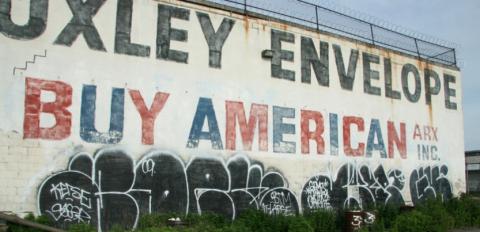
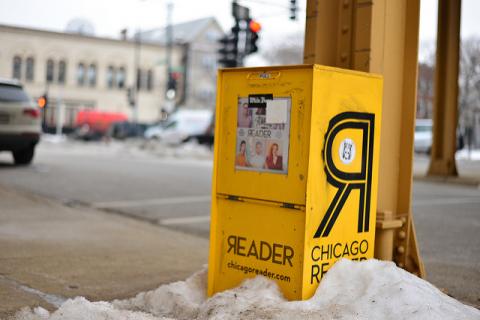
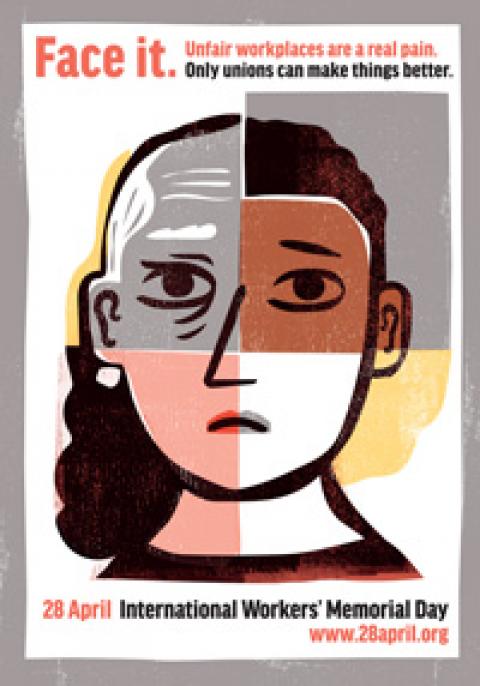
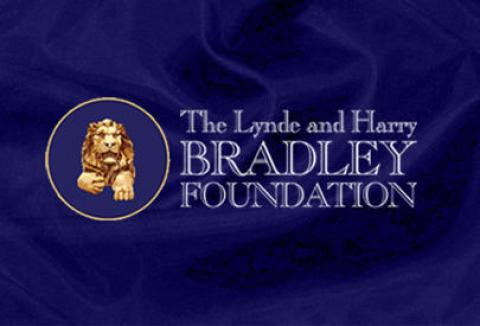

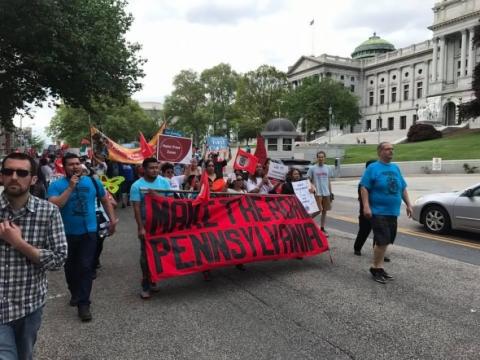
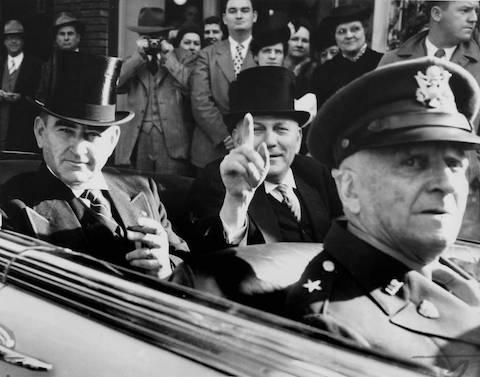
Spread the word